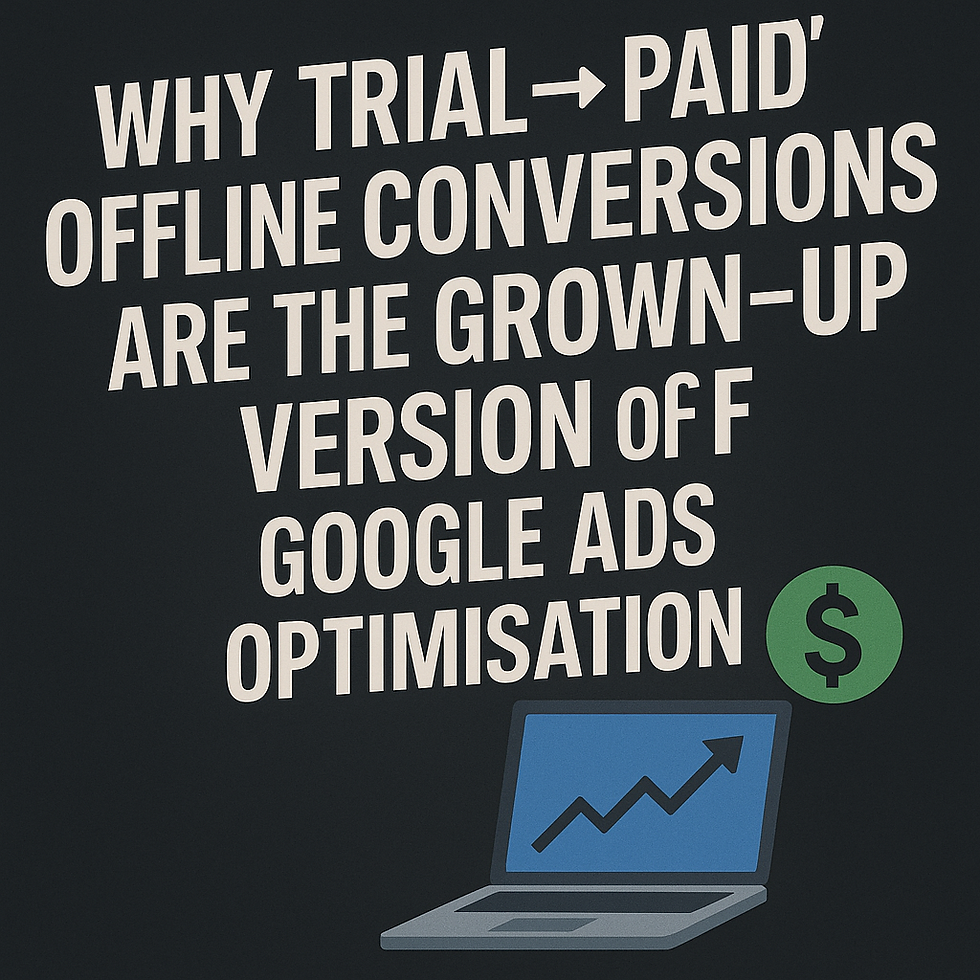Entity SEO: Shifting Focus from Keywords to Entities
- Veronika Höller
- 15. Mai 2024
- 2 Min. Lesezeit
In the dynamic world of search engine optimisation (SEO), new trends and techniques constantly emerge, reshaping our strategies. One of the most exciting and innovative topics currently in the SEO world is "Entity SEO". But what exactly does it mean, and why should we focus on entities rather than keywords?
What are Entities?
An entity is essentially a unique object or concept that exists within a particular domain. This can include people, places, things, companies, events, and even ideas. Over recent years, Google has made significant strides in understanding search queries by focusing on entities and their relationships, rather than just individual keywords.
Why Focus on Entities?
Traditional SEO strategies have heavily relied on optimising for specific keywords. The problem with this approach is that keywords can often be ambiguous and have multiple meanings. Entities, on the other hand, are unambiguous and provide Google with a clearer way to understand the context and relevance of content.
How to Identify Entities?
To identify entities in your content, you should take the following steps:
Use Schema Markup: Schema.org provides structured data that helps search engines better understand your content. By implementing schema markup on your website, you can clearly highlight important entities and their relationships.
WDF*IDF Analysis: This analysis helps identify relevant terms and concepts related to your main entity. Tools like TermLabs or OnPage.org can assist with this process.
Utilise the Google Knowledge Graph: Google’s Knowledge Graph shows which entities Google already recognises and how they are interconnected. Researching within the Knowledge Graph can provide valuable insights into relevant entities.

Optimising for Entities
Once you’ve identified the relevant entities, the next step is to optimise them effectively:
High-Quality multimedia Content: Create content that provides in-depth information about the identified entities. This content should be well-researched and comprehensive to strengthen your authority on the topic.
Incorporate Structured Data: Use schema markup to clearly indicate which entities are present in your content and how they relate to each other. Tools like Google’s Structured Data Markup Helper can be very useful here.
Create Connections: Internal linking should connect relevant entities within your website. This helps Google understand the relationship between different pieces of content on your site.
Use Synonyms and Related Terms: Instead of repeatedly using the same keyword, incorporate synonyms and related terms. This helps Google better grasp the context of your content.
The Benefits of Entity SEO
Shifting from a keyword-based to an entity-based SEO strategy offers numerous advantages:
Better Contextualisation: Google can better understand the content of your page and attract more relevant traffic.
Increased Visibility: By focusing on entities, you can achieve more prominent placements in search results, especially in Knowledge Panels.
Long-Term Relevance: Entities are less susceptible to short-term changes in search algorithms, as they are based on well-founded knowledge.
Conclusion
Entity SEO is the future of search engine optimisation. By concentrating on entities and their relationships, rather than just keywords, you can make your content more comprehensible to search engines and benefit from better rankings and increased visibility in the long run. Whether you’re an SEO expert or a beginner, implementing these strategies will help you succeed in the constantly changing digital world.



Kommentare